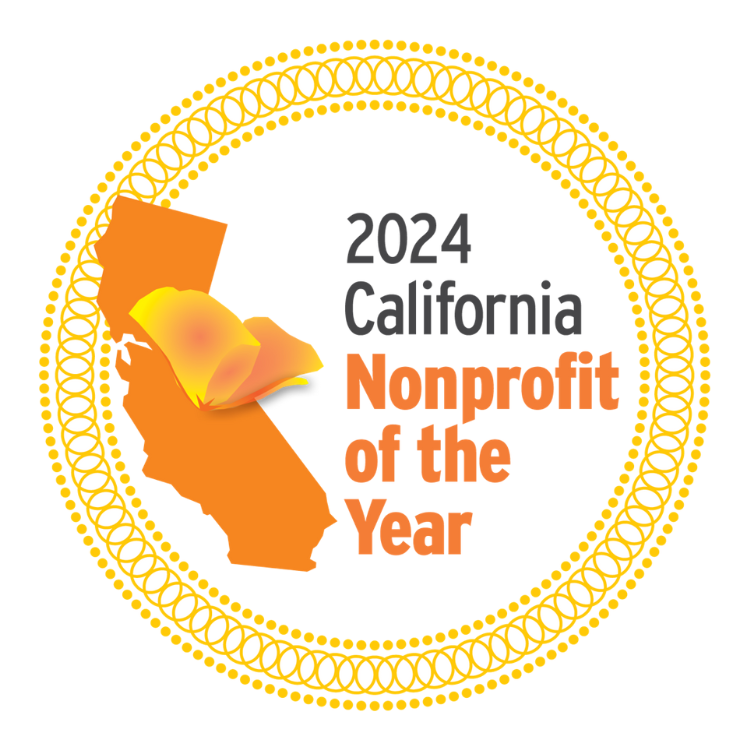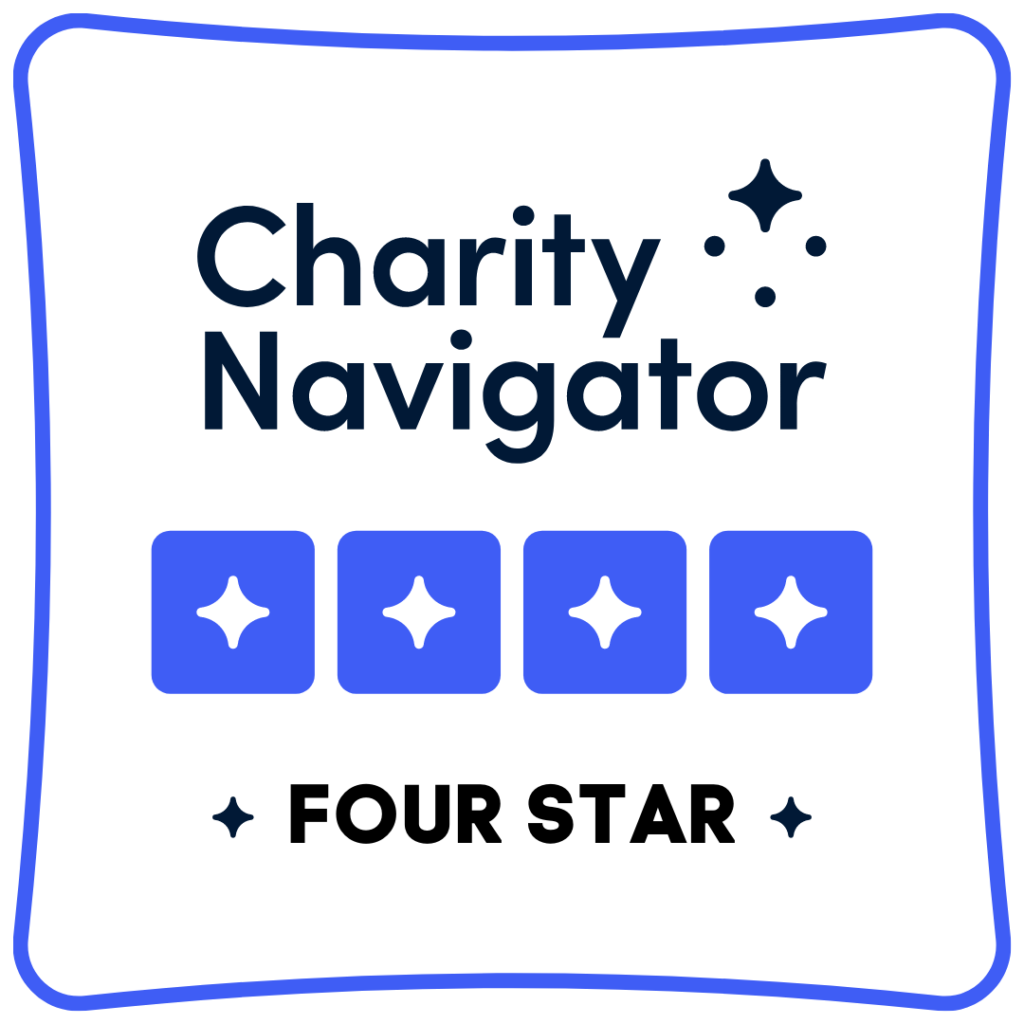On Sunday, April 6, we kicked off a brand new community-based marine restoration project in partnership with the Huntington Harbour Yacht Club! With their help, we’re using strings of recycled oyster shells to attract and grow native Olympia oysters. Huntington Harbour is the newest venue of our Shell String Project, which is already underway in Long Beach’s Alamitos Bay.
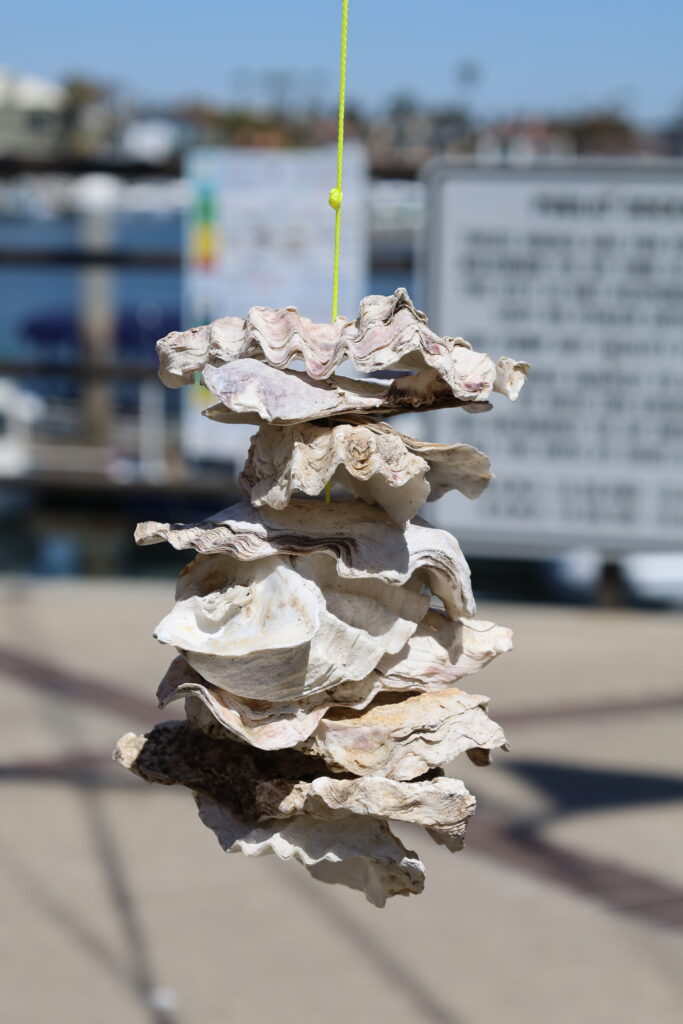
The Shell String Project invites participants to “oyster garden” by caring for baby Olympia oysters over the summer. Strung on ropes, these dried-out shells provide a perfect place for oyster larvae to settle and grow.
In the fall, we’ll collect these shell strings and transfer the successfully recruited native oysters to a restoration site in Seal Beach.
The Olympia oyster (Ostrea lurida) is the only native oyster species on the west coast of the U.S. and Canada. Olympia oysters were once an important food source for native Californians and are an ecologically important habitat for numerous other aquatic organisms.
Oysters provide habitat and refuge for other organisms, such as octopuses, crabs, and juvenile fishes, who take shelter on the structure oyster beds provide. They also provide immense benefits to local water quality, as one oyster can filter up to 50 gallons of water per day.

At Orange County Coastkeeper, we believe in the Olympia oyster’s power to offer a natural solution to coastal erosion by creating Living Shorelines. As climate change continues to threaten our coast, green infrastructure ideas like Living Shorelines projects that can help stabilize sediment, reduce flooding threats, and provide other ecosystem services are critically important.

We already manage Living Shorelines projects in Alamitos Bay and Newport Bay. Once we collect strings of native Olympia oysters from Huntington Harbour dockowners this fall, we begin constructing Living Shorelines in Seal Beach. We’re excited to see what grows from this new partnership and extension of our restoration program!

